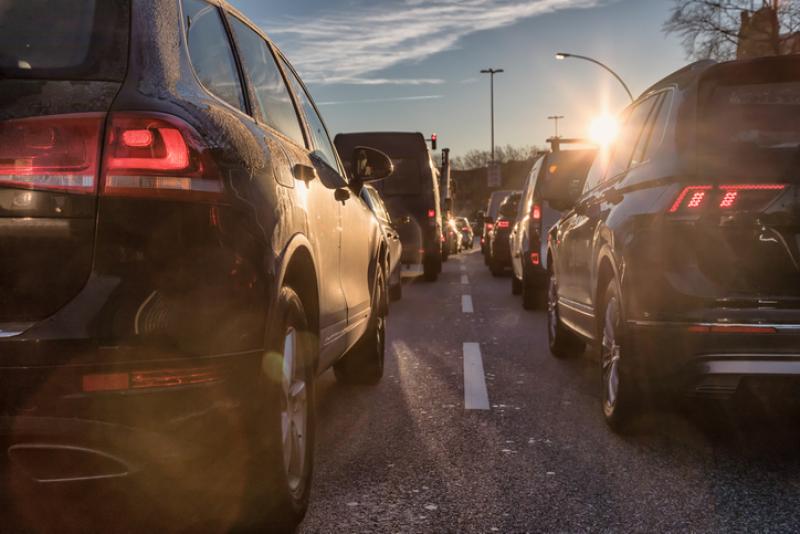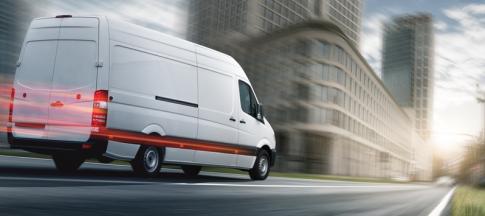
As the price of filling up our vehicles remains unpredictable, we’re all looking for ways to reduce our fuel usage and save money.
If you're not able to switch to EV or hybrid yet, below are some tips to help squeeze maximum miles from your fuel tank.
Maintain your vehicle
Keeping your vehicle in good condition will help it run more efficiently.
A full service is recommended every year to keep your vehicle running smoothly and spotting any potential issues early on. Many garages offer services at a reduced rate when booked with your MOT.
A full service history also adds value to your car when you sell it.
Avoid premium unleaded
Premium or ‘super’ unleaded fuel is generally only beneficial for high-performance vehicles or imported cars that need a higher-octane rating.
Most cars likely aren't going to utilise the premium option enough to justify the 10-30p price difference. You can check your vehicle's handbook or do some online research to see if it will benefit from premium unleaded fuel.
Shop around
The cost of fuel varies widely between petrol stations, so your local might not be the cheapest.
In general, supermarkets charge less for fuel than petrol stations run by oil companies or those on the motorway.
Keep it smooth
Breaking suddenly and speeding up quickly puts stress on your vehicle’s parts and burns more fuel.
Instead, keep your inputs smooth, changing gears as quickly as possible to improve your vehicle’s miles per gallon.
Cut your speed
Generally, cars are most efficient at 45-60mph, so stick to the speed limit because faster driving wastes fuel.
According to GOV.UK, driving at 50mph rather than 68mph can reduce fuel consumption by 20%.
Avoid idling
Unless you have a modern car with an automatic start-stop system, you should consider turning off your engine if you’re unlikely to move in traffic for a minute or two, or if you're waiting in a car park or layby. This can save fuel.
You should also never leave your car running unattended as it increases the risk of theft and insurers are likely to refuse a claim.
Check your tyres
Checking your tyres are correctly inflated prolongs the lifespan of the tread and improves fuel efficiency due to reduced rolling resistance with the road. You can find your pressure information in your vehicle’s handbook or sometimes printed inside the driver’s door.
You should regularly check your tyres for damage and tread depth. Legally, the tread depth must be at least 1.6mm but, but 2-3mm is recommended.
A lot of fuel stations now have tyre air machines that you can use to pump up your tyres. Sometimes they're free, but sometimes they charge a small fee.
If you have defective, damaged or bald tyres you could be fined up to £10,000 (£2,500 per tyre) and get 12 penalty points on your licence.
Avoid air conditioning
Using your vehicle’s air conditioning can increase your fuel consumption.
In slow moving traffic, rolling down the windows is more sensible as your engine is already being overworked and your air conditioning adds to this strain.
When you need to use your air conditioning, opt for the more efficient re-circulate option. It’s usually the button with a C-shaped arrow in a car.
Lighten the load
Extra weight can increase your fuel consumption too - declutter and remove any unnecessary items in your vehicle, leaving only the emergency items you need.
We’d also recommend removing roof bars and cycle racks when they’re not in use. They weigh as much as 5kg and enhance aerodynamic drag which can increase fuel consumption.
I'm an experienced journalist, digital editor and copywriter, now specialising in motoring. I’m editor of Automotive Blog and have worked across the media in newspapers, magazines, TV, teletext, radio and online for household names including the BBC, GMTV, ITV and MSN. I’ve produced digital content in the financial sector for Lloyds Bank, Nationwide and the Money Advice Service. I'm married with two children and live near Bath in Somerset.



